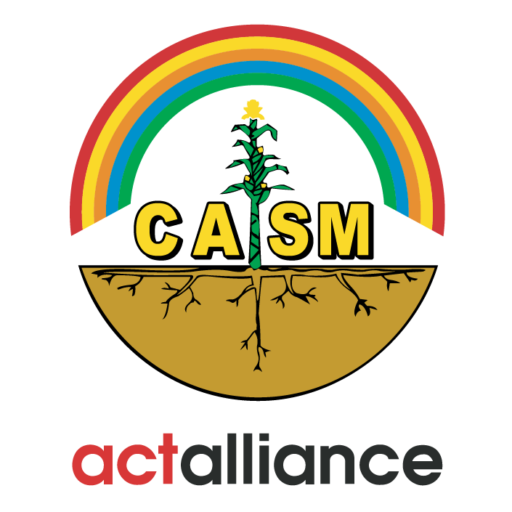About CASM
CASM is a non-profit Christian institution that facilitates integral human development processes. It began its work in 1983 as an initiative of the Honduran Evangelical Mennonite Church to provide support to those affected by the armed conflicts in Central America; it is based on the Mennonite principles of the Anabaptist tradition (peace, justice, non-violence and solidarity).
CASM is based on the belief that God is the center of the universe and the family is the fundamental unit of society. We believe that all families have the right to social integration, to the use and rational use of resources, to have more opportunities and greater capacity for management and negotiation, so that they can obtain greater participation in the social, economic, political, cultural and spiritual sectors, and therefore, greater well-being, better conditions and quality of life.
CASM focuses its efforts and resources on strengthening the capacities of local civil society actors, with an integral human development approach that includes the empowerment of actors in the defense and promotion of their human rights, food security, sustainable management of natural resources, local economic development, among others.
Programmatic Areas
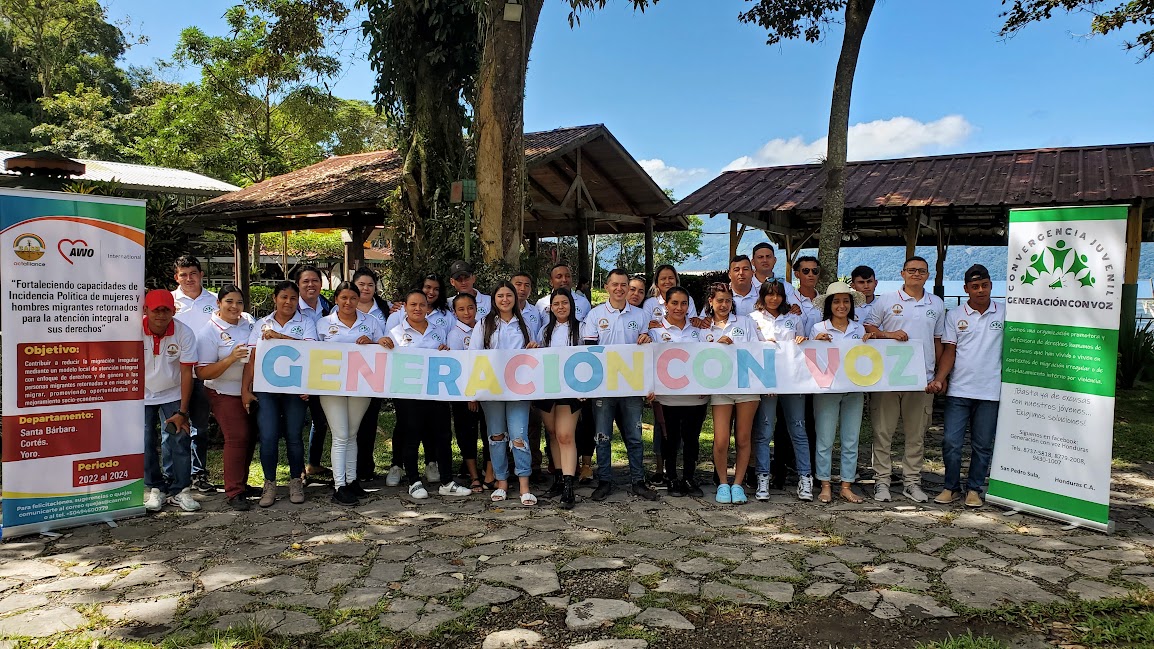
Democracy and Human Rights
- Citizen Participation
- Protection of vulnerable sectors
- Human mobility

Climate Change and Humanitarian Action
- Natural Resources Management
- Adaptation to Climate Change
- Humanitarian Response
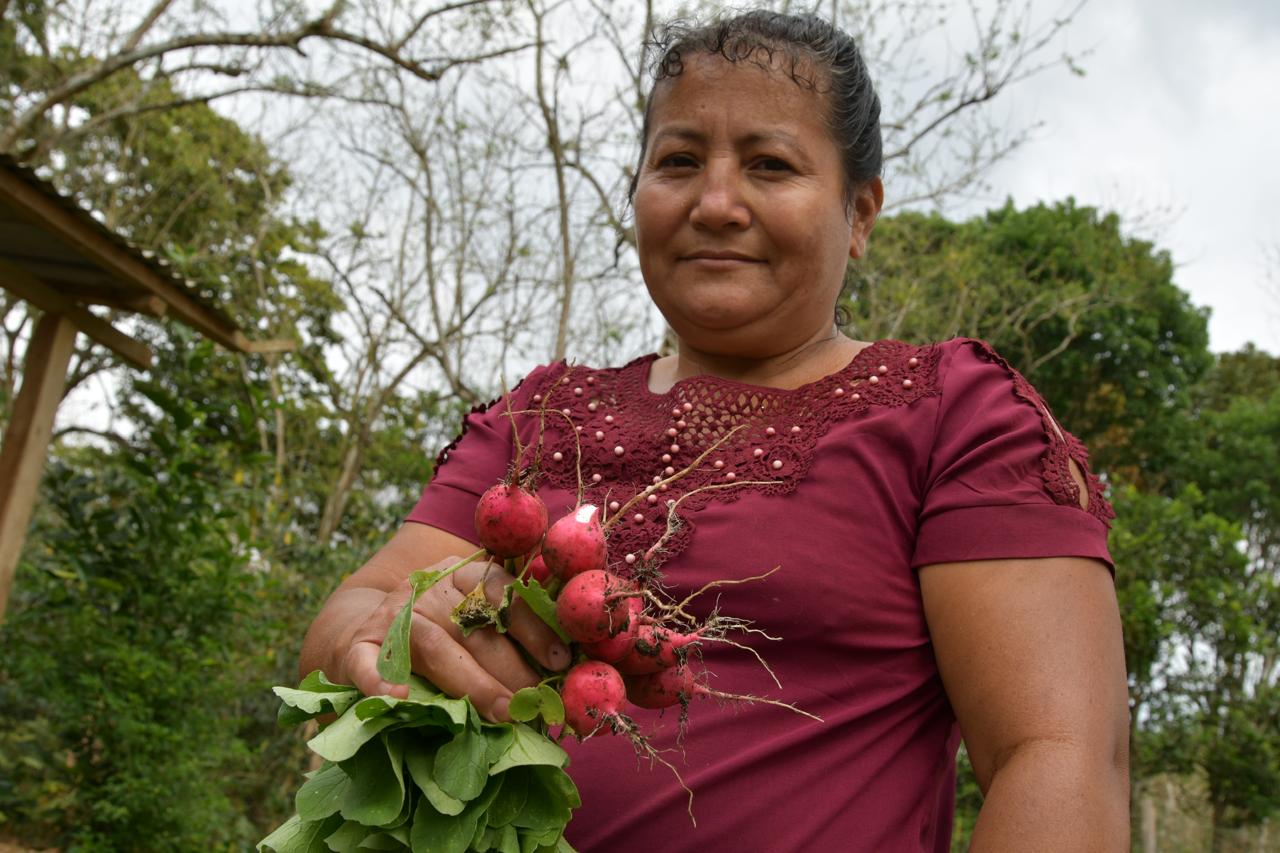
Productive and social development
- Food Safety
- Business Development
- Economic and social initiatives for vulnerable sectors
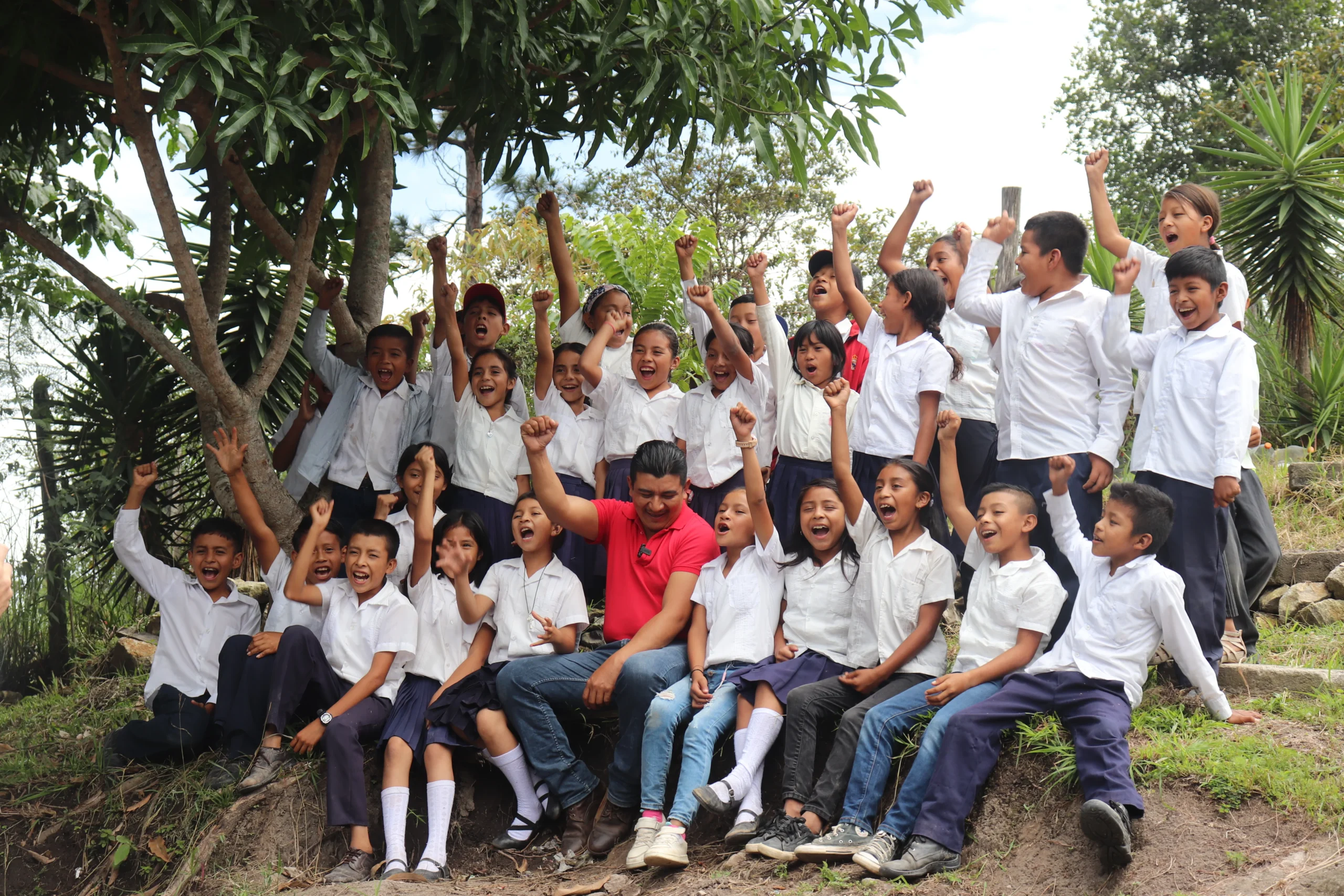
Institutional Development
- Strengthening human talent
- Strengthening, standards and internal processes
- Communications and technical innovation
- Alliances and networks
Transversals Approaches
Gender Equality
It refers to the ability to be equitable and fair in relation to the treatment of men and women, taking into account their different needs to include different approaches, although considered equivalent in terms of rights, benefits, obligations and opportunities. In order to operationalize and make this approach visible, the following actions are proposed:
- Sensitize actors in the different municipalities about gender inequalities.
- Promote spaces for women's participation through training in aspects related to self-esteem, decision making and the valuation of gender roles at the family level and in organizational structures.
- Sensitizing church leaders about gender inequalities and about their responsibilities in transforming them.
- Promote greater participation of women on boards of directors.
- Advocate at the local government level to undertake joint actions with civil society to reduce these inequalities.
Human Rights Approach
This approach means recognizing the actors as subjects of rights and not as objects or depositaries of a service. This requires strengthening them with knowledge of their fundamental rights, so that they can play a more active role in the search for their respect and improve their living conditions. This approach will be put into practice using the following actions:
- To train social actors in the knowledge of their fundamental rights.
- Sensitize social actors in the identification of problems/violations of human rights in their family, workplace, village, municipality, community.
- Promote spaces for the training and development of different actors, especially young leaders in management and advocacy processes in the area of human rights, church leaders on gender inequalities and their responsibilities in the transformation of these inequalities.
- Collaborate with local leaders in the development of policies and strategies to ensure the protection of human rights at the local level.
Biblical-theological perspective
CASM considers that the Church was the first organization in the world, and will be the last, in each of the places where it develops its work, and that is how its different actions, whether at the community, municipal or regional level, have a physical presence of the Church in general. Aware of the influence it exerts on other actors, we believe it is of utmost importance that this actor should be involved in each of the processes in the social, economic and political spheres. Likewise, in any of the issues in which CASM intervenes at the aforementioned levels, it should have a biblically based approach with emphasis on the Christian principles of the Mennonite tradition.
Multicultural Approach
It means identifying the different ethnic groups and cultures with their characteristics, establishing cultural differences and similarities, rescuing customs and promoting cultural values. Promote specific studies and diagnostics to better understand the different cultures and promote education and training to develop in multicultural environments. All these aspects in order that the approaches of the different programs consider the cultural differences in the different geographical areas of institutional work.
Disaster Risk Reduction Approach
This approach means that any action undertaken must contemplate an analysis and incorporation of practices to minimize the environmental and socioeconomic vulnerabilities of the intervention municipalities. This approach contemplates the following aspects:
- Promote citizen participation of social actors to achieve the responsibilities of local and national government in strategic decision making for disaster risk reduction.
- Support stakeholders in the identification, assessment and monitoring of risks.
- Develop more understanding and awareness of risk.
- Contribution to the reduction of risk factors, including the incorporation of natural resource protection technologies, clean technologies in food security, climate change adaptation, promotion of land use and property planning and building codes, environmental management, and others.
- Collaborate in disaster preparedness, support for contingency plans, promotion of emergency funds, institutional and organizational coordination.
Biblical-theological perspective
This approach is based on differentiating by age groups to identify differences and establish a differentiated approach. CASM has decided to give an important emphasis to children and youth, the age groups that are institutionally priorities are the following:
- 0 to 11 years
- 12-18 years
- 19-30 years
- 31-60 years
- Over 60 years
Our Values

Faith in God
We believe that the human being is made in the image and likeness of God, who manifests himself in three dimensions: the Father, Son and Holy Spirit.
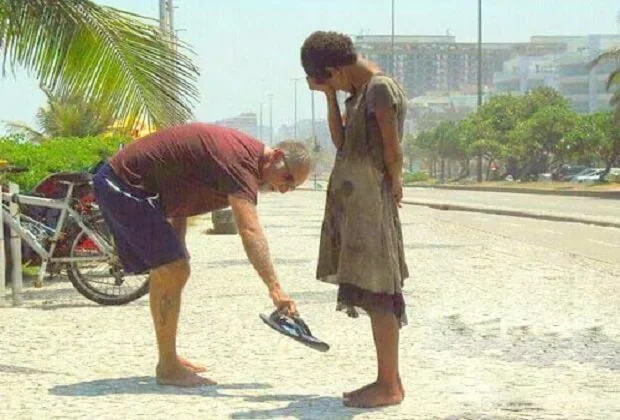
Love of Neighbor
At CASM we express love through all the actions of our institutional work for the integral wellbeing of the people with whom we relate.

Service Vocation
This principle is inspired and supported by the teaching and practice of Jesus Christ who said: I have not come to be served but to serve; this means a call to perform a task for the benefit of the neediest people, as an act of faith and love of neighbor.

Respect
CASM values different beliefs, cultures, political thoughts and relationships between God, people (men and women) and nature.

Justice
We believe in the biblical concept of justice that goes beyond the law, it also includes material and spiritual well-being, harmony in relationships, righteousness, personal behavior, integrity in our commitments, kindness, love, mercy and peace.

Honesty
CASM práctica y busca desarrollar el hábito de la honradez y las buenas costumbres de acuerdo a la práctica de Jesús, el manejo racional y adecuado de los bienes y recursos en los diferentes niveles y ámbitos con que se relaciona.

Solidarity
At CASM we believe in the need to help people when they need it most, in any area of their lives, that is, to cry with those who cry and to rejoice with those who rejoice, regardless of their social, political, religious, gender or ethnic background.
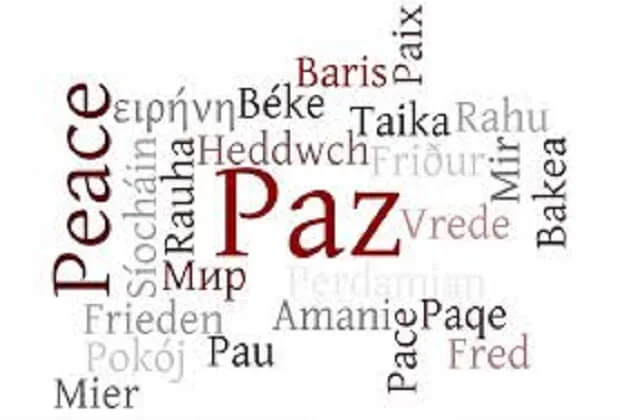
Non-violence and Peace
We believe in the Hebrew concept of Shalom peace, which seeks the integral wellbeing of people, that is to say, the satisfaction of material, spiritual and intellectual needs; in addition, human beings must have peace with God, with themselves and with everything that surrounds them.

Equity
Open spaces and opportunities for men and women, boys and girls in the access and control of resources, services and benefits; likewise, we believe that our employees should have equal opportunities in access to training, job promotion, remuneration and incentives.
